13 Low-Carb Fruits, Ranked From Least to Most

Fruit is a staple of a healthy diet, a perfect snack, and a great on-the-go breakfast. But if you’re on a low-carbohydrate diet or trying to reduce your carb intake, does the sugar that’s naturally present in fruit make it off limits? Are there any low-carb fruits you can eat and still stay on-track?
Overall, the answer is yes. “People believe that fruits should be restricted or avoided all together because they are high in sugar. However, this is a very common misconception,” explains nutrition therapist Karin Kaplan Grumet, RD/CEDRD.
There are plenty of benefits to fruit, and according to the USDA, adults should get about two cups of fruit per day. Not only do they have valuable nutrients like vitamin C, potassium, and folic acid, they also contain fiber, which helps prevent blood sugar spikes and takes time to digest, helping you to feel fuller and more satisfied for longer.
But fruit does contains a significant amount of carbs per serving, thanks to the naturally occurring sugar fructose. That’s why it’s recommend that people who are following a low-carb diet, like the ketogenic diet, decrease the amount of fruit they eat.
“However, there’s some fruit that can pass the test,” says Grumet. If you’re following a low-carb diet and are wondering what fruits you can still eat, here are some common fruit varietals, ranked from the lowest-carb fruits to the most.
1. Cherry Tomatoes
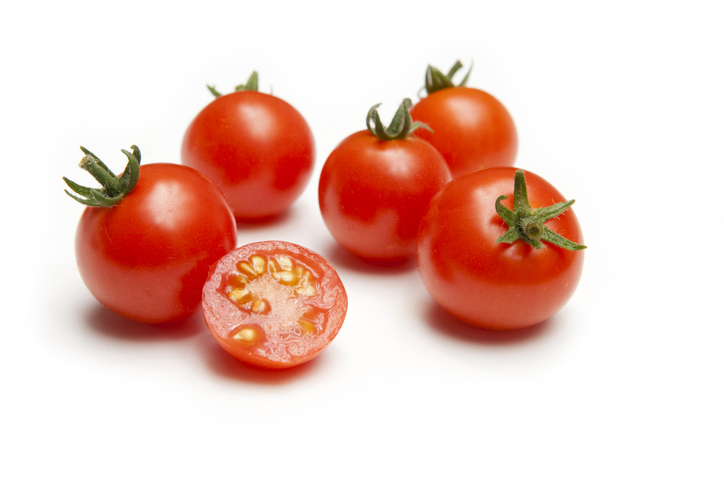
While you might think tomatoes are a low-carb vegetable, they’re actually a fruit! You might not eat them like other fruits, but they’re just as delectably sweet and juicy when ripe, helping you satisfy that craving for just under six grams of carbs per cup.
2. Clementines
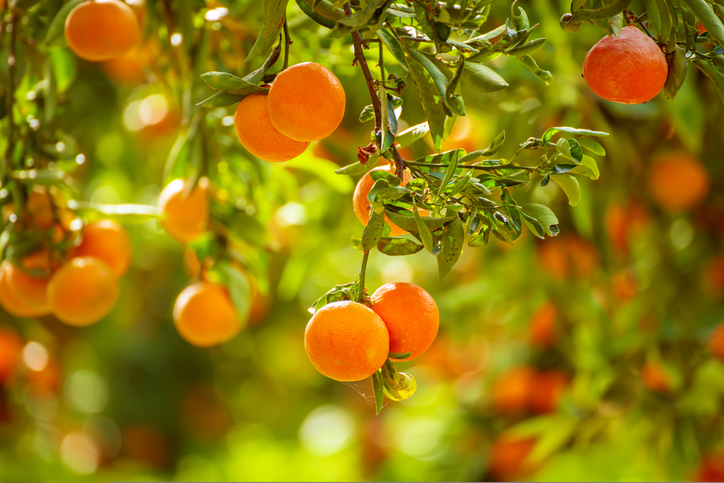
This tasty citrus is a variety of mandarin oranges. Like other citrus fruits, they provide important nutrients like vitamin C and folate. They’re small enough for a sweet afternoon snack, so keep a few on hand for when you need a refreshing treat!
3. Kiwi
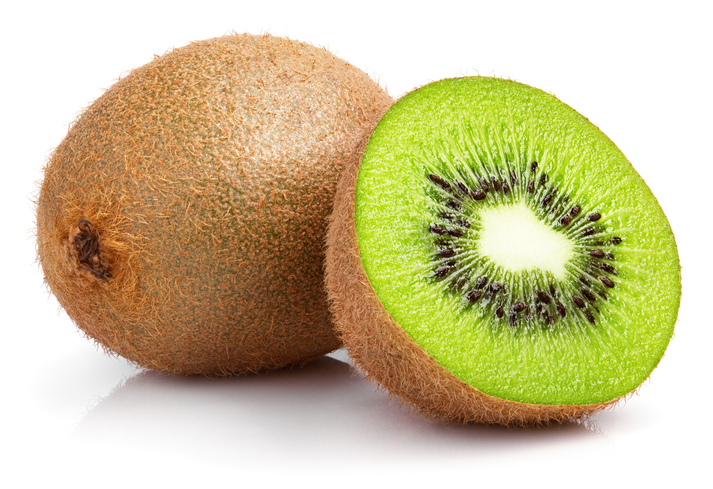
Kiwis are a great low-carb fruit that should be among your grocery list staples. They’re in season for nearly the whole year, excluding summer, and one fruit has just 42 calories. Plus, they’re an excellent source of vitamin C!
4. Strawberries
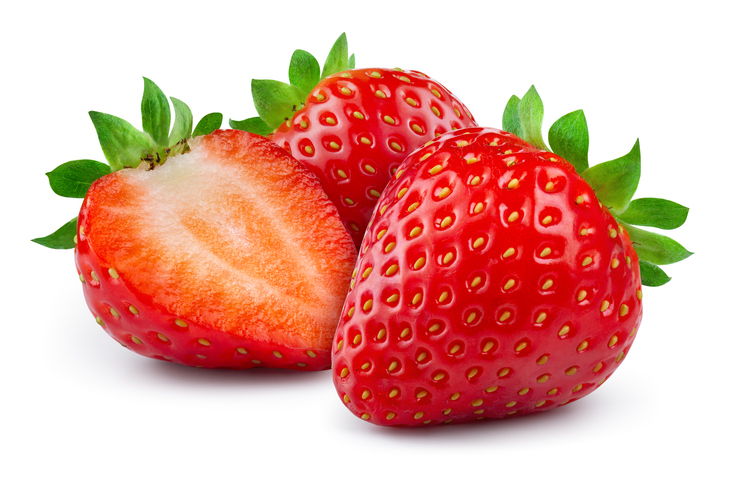
For peak strawberry deliciousness, enjoy them during spring and summer when they’re in season. Pro-tip: The smaller the berry, the more intense the flavor is!
And although you may thing that citrus is king when it comes to vitamin C, one cup of strawberries is a great source of this vitamin, providing 149 percent of your daily needs!
5. Blackberries
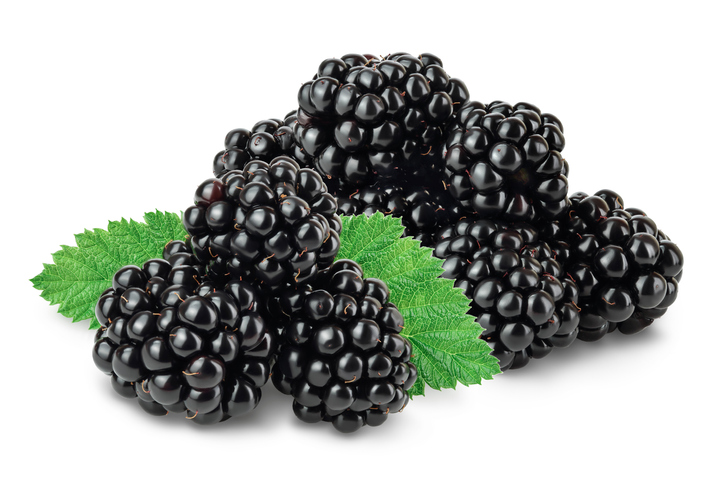
Compared to other berries, blackberries are fairly low in sugar, with only 7 grams per cup. They make a great addition to yogurt, and can also be mixed into salads for a sweet contrast.
6. Raspberries
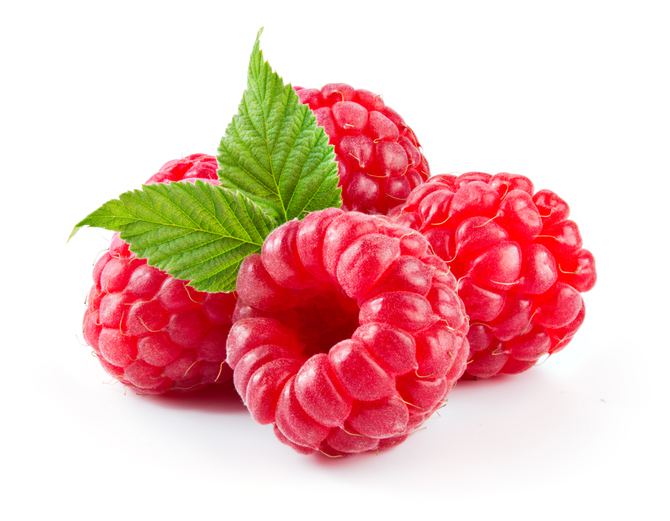
Another lower-carb berry on this list, raspberries are in their prime in the summer and fall months. If you’re trying to decide whether to splurge for organic raspberries, research shows that it might be worth it, finding organic raspberries to be significantly higher in total antioxidant capacity than non-organic raspberries.
7. Peaches
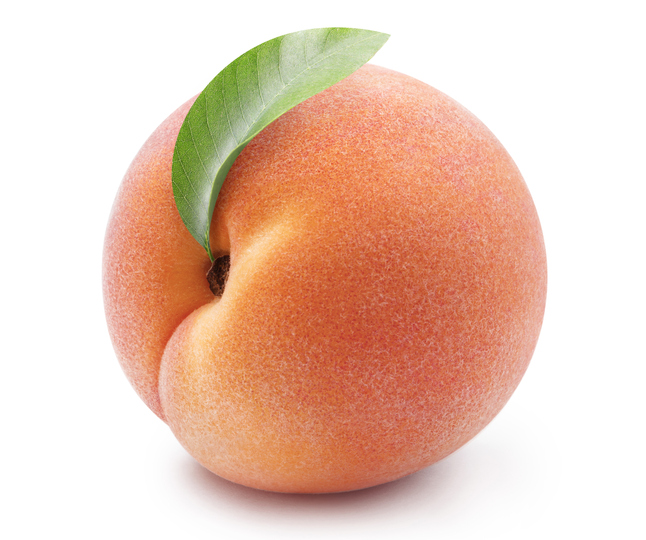
Speaking of organic vs. non-organic fruits, peaches were second on the list of produce with the most pesticides, just under apples. So if you can go organic for this particular low-carb fruit, it’s probably worth it!
8. Apples
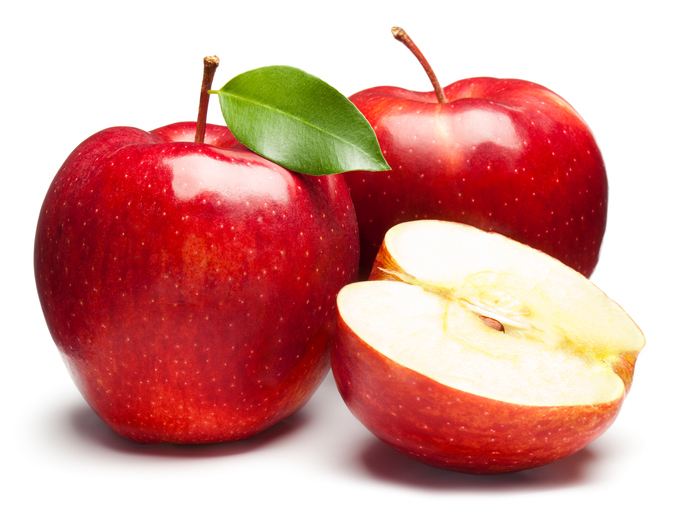
You’ve probably heard the saying about an apple a day keeping the doctor away, but what about an apple a day keeping the pounds away? Research has shown that consuming apples can lead to weight loss in overweight individuals. However, it’s not determined what kind of apple or how much to consume, but it’s a promising start.
9. Honeydew
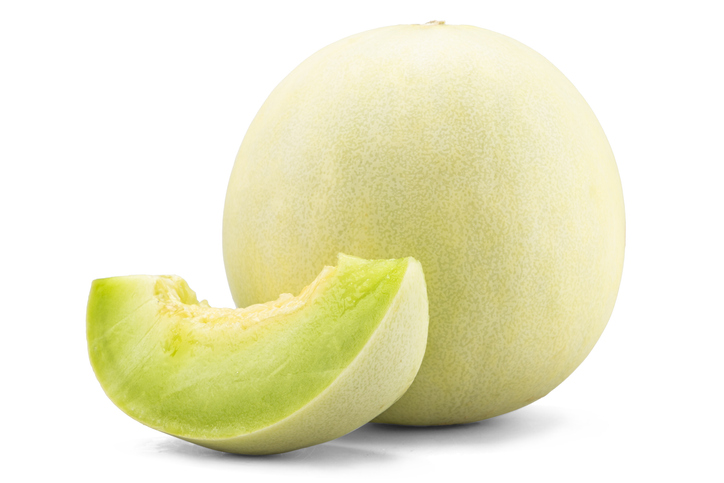
A staple of fruit salads, honeydew really shines in the summer. So if you pick up this melon, make sure it’s during the summer months so you can get the most flavor. It’s also a pretty low-calorie fruit — you can enjoy a whole cup for just 61 calories!
10. Plums
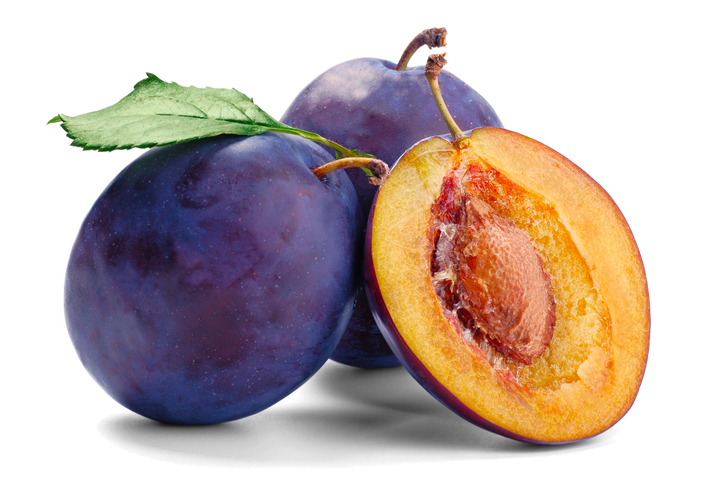
A kind of stone fruit (along with peaches and mangos), plums can be great as a topping for yogurt or cereal, and are also easy to enjoy just as they are. Keep one on hand for a small snack — one plum is just 30 calories and 7.5 grams of carbs — or munch on a cup of sliced plums for a bit more substance.
11. Blueberries
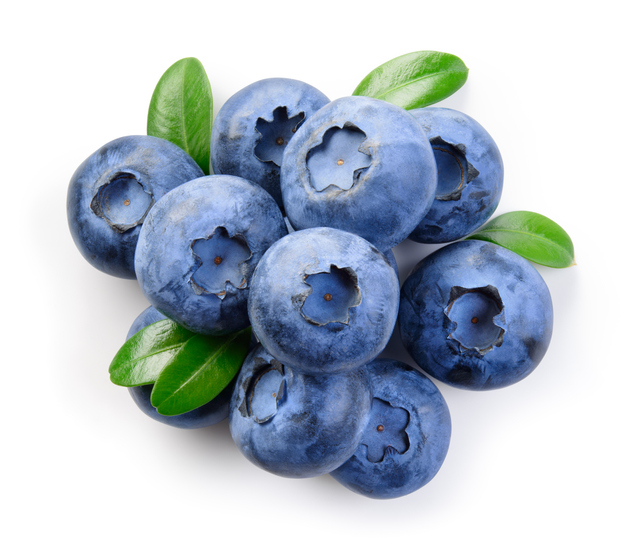
Among the berries, blueberries has one of the higher carbohydrate contents, but they’re also nutrient-dense, providing vitamin K, potassium, and fiber. Plus, you can fit a lot of blueberries into one cup, so if the 21 grams of carbs makes you nervous, know that even just half a cup of blueberries is a solid serving.
12. Cherries
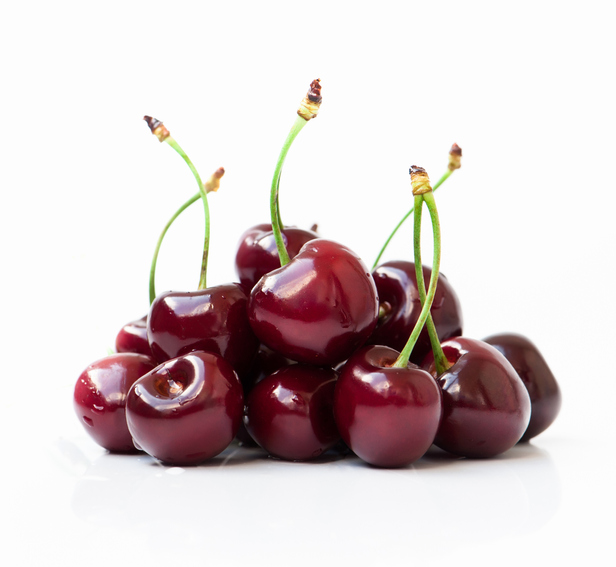
No, we’re not talking about those candy-like maraschino cherries here. Dark cherries provide plenty of natural sweetness on their own, and although they appear pretty high on this list of low-carb fruits, they’re still a healthy, nutrient-rich option for a sweet treat.
13. Bananas
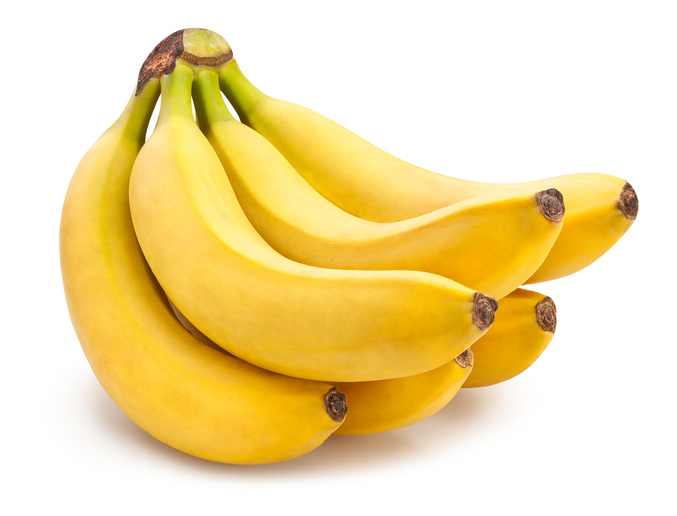
Topping off this list is bananas. They’re not exactly a low-carb fruit, clocking in at just under 27 grams of carbs per banana, but they do have tons of great health benefits! One medium banana has 422 mg of potassium, has just 105 calories, and three grams of fiber. Plus, its natural peel packaging makes it a great fruit to take on-the-go.
